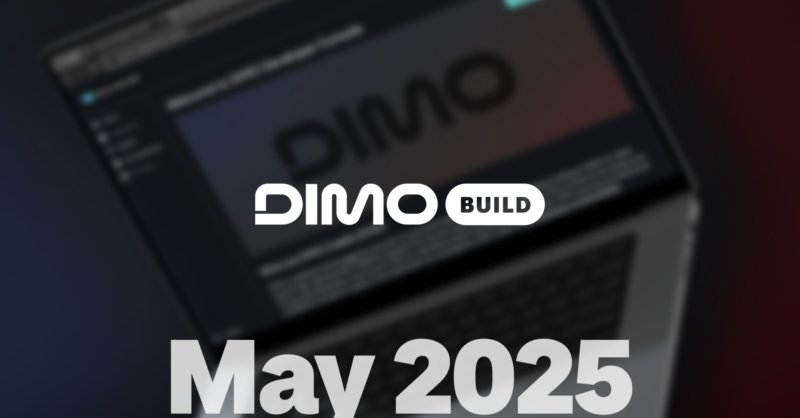Züs AMA Recap: Strategic Moves and Future Plans

In a recent AMA session, the team behind Züs expressed gratitude to participants for their insightful questions. A significant highlight was the announcement of the ZCN Buyback Plan, where the team intends to purchase ZCN from the market corresponding to each Vult or Blimp allocation bought in USD. This initiative aims to enhance the value of ZCN while also incentivizing users to engage with the platform through referrals. The introduction of USD rewards for Vult or Blimp referrals, particularly a 10% reward for Blimp referrals, is expected to further boost user participation and sales.
Additionally, the team provided an update on their recent advertising campaign, which, while successful in generating new leads, unfortunately led to a temporary app crash. The ads are currently paused as the team works diligently to resolve the issue and resume their marketing efforts. Excitingly, a new partnership has been secured, although specific details remain under wraps. The team is optimistic about ongoing discussions for more partnerships that could enhance their market presence.
Looking ahead, the focus remains on driving sales, forming strategic partnerships, and collaborating with influencers to amplify their reach. The team is also exploring promising funding leads to support their initiatives. Community engagement is encouraged, with a call for influencers to get involved in supporting Blimp sales. As Züs continues to innovate in the AI-ready distributed storage space, the community is eager to see how these strategic moves will unfold in the coming weeks.
Related News





